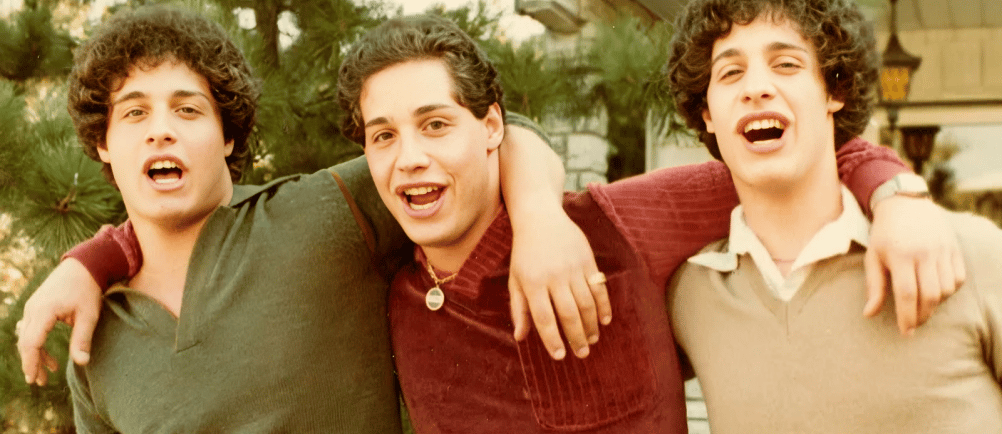Lost Identical Brothers – A True Tale of Destiny and Reunion
Three identical brothers, separated at birth and adopted into different homes, were reunited by chance at college. Their heartwarming reunion turned dark when they discovered they were part of a secret psychological experiment. Their story raises powerful questions about fate, ethics, and the enduring bond of family.
LOVE
Thrivevision
5/12/20252 min read


In a world where countless people search for identity and belonging, the story of Edward Galland, David Kellman, and Robert Shafran—identical triplets separated at birth—stands out as one of the most extraordinary true stories of fate, loss, and brotherhood.
Born in 1961 in New York, the triplets were adopted by different families through Louise Wise Services, a prominent Jewish adoption agency. None of the adoptive families were informed that the boys were part of a set of triplets. In fact, they believed they had adopted single children with no known siblings. What they didn’t know was that the boys were part of a secret psychological study on nature versus nurture. The study, conducted under the supervision of psychiatrist Dr. Peter Neubauer, sought to analyze how genetics and environment shape personality—but it did so unethically, without the adoptive families’ informed consent.
For 19 years, the brothers lived separate lives—Robert in a well-off family, Edward in a middle-class home, and David in a more working-class environment. Their lives changed forever in 1980, when Robert arrived at Sullivan County Community College and was mistaken for someone else—Edward. When they met face-to-face, the resemblance was undeniable, and their emotional connection was immediate. The news of their shocking reunion made headlines, eventually leading to David—who saw their story in the paper—joining them.
What followed was a whirlwind of media attention. The triplets appeared on numerous talk shows, opened a restaurant together in New York called Triplets, and became pop culture icons. They shared eerily similar tastes, habits, and preferences despite being raised in completely different households—fueling public fascination about genetic destiny.
However, behind the smiles and laughter lay a darker reality. The brothers later discovered they were part of a deliberately orchestrated psychological experiment. The emotional toll of this manipulation grew heavy over time. Tragically, Edward struggled with mental health issues and died by suicide in 1995. The surviving brothers have since spoken openly about their pain, betrayal, and efforts to uncover the full details of the experiment—whose complete findings were sealed until 2066.
Their story was brought to mainstream awareness through the acclaimed 2018 documentary Three Identical Strangers, which exposed the unethical dimensions of the secret study and raised broader questions about informed consent, psychological ethics, and the right to personal history.
Ultimately, the tale of the lost identical brothers isn’t just about an incredible reunion. It’s a sobering exploration of identity, free will, and the profound consequences of playing with human lives in the name of science.
Inspiration
Explore success stories and motivational journeys today.
Growth
Vision
© 2025. All rights reserved.
